Can we learn to laugh at ourselves for the situation we’ve created in the United States now with money being more important than people, nature or life on earth?
Can we learn to laugh at ourselves for destroying the only planet that we know of that can support life as we know it?
Isn’t it silly that the news media is more concerned with the activities of wrong doing than reporting much news about wholesome activities?
Don’t you think it’s funny that we haven’t learned anything from history about racial, gender, social and climate justice?
What can we do about all these shortcomings in our consciousness?

Referring to the state of consciousness that recognizes the interbeing (the interconnectedness) of all things, Alan Watts teaches,
There is no mission, nor interest to convert, and yet I believe that if this state of consciousness could become more universal, the pretentious nonsense which passes for the serious business of the world would dissolve in laughter. We should see at once that the high ideals for which we are killing and regimenting each other are empty and abstract substitutes for the unheeded miracles that surround us – not only in the obvious wonders of nature but also in the overwhelming uncanny fact of mere existence.
– Alan Watts
If we learn to recognize what he is talking about, we will be more inclined to enjoy the wonders of life, which are only available to us in the present moment. However, we go lost in our thoughts, feelings, memories, plans, images, and desires instead of being present for all that is right here, right now, at this very moment.
So, why not take a mindfulness break right now by stopping what you are doing (reading this page), taking a deep breath or three and withdraw yourself into yourself for maybe… three minutes? How does it feel to return to your true home of the present moment?
Books by Alan Watts
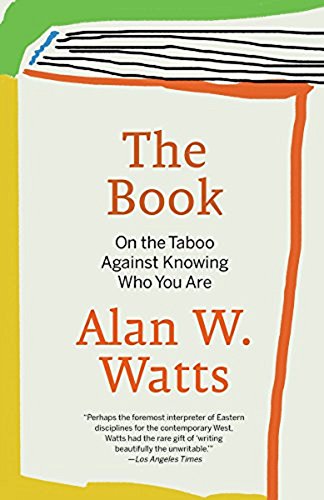 |
The Book: On the Taboo Against Knowing Who You Areby In The Book, Alan Watts provides us with a much-needed answer to the problem of personal identity, distilling and adapting the Hindu philosophy of Vedanta. At the root of human conflict is our fundamental misunderstanding of who we are. The illusion that we are isolated beings, unco… |



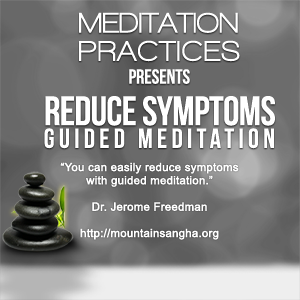

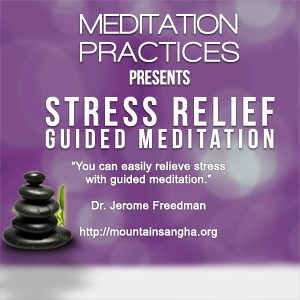
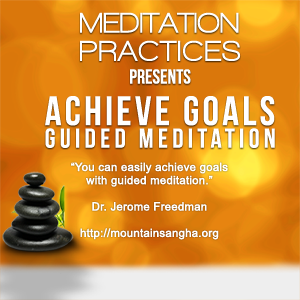
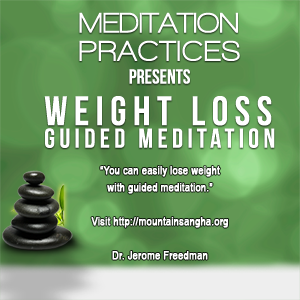


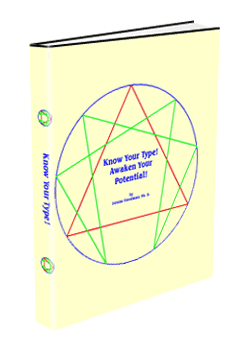
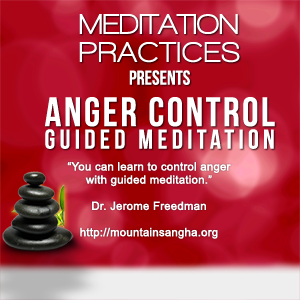

You must be logged in to post a comment.